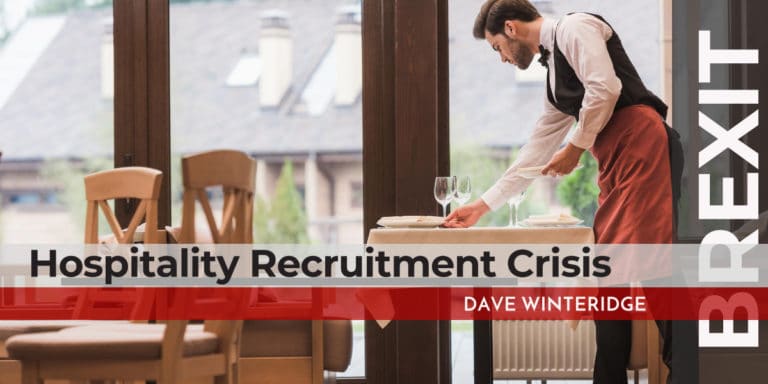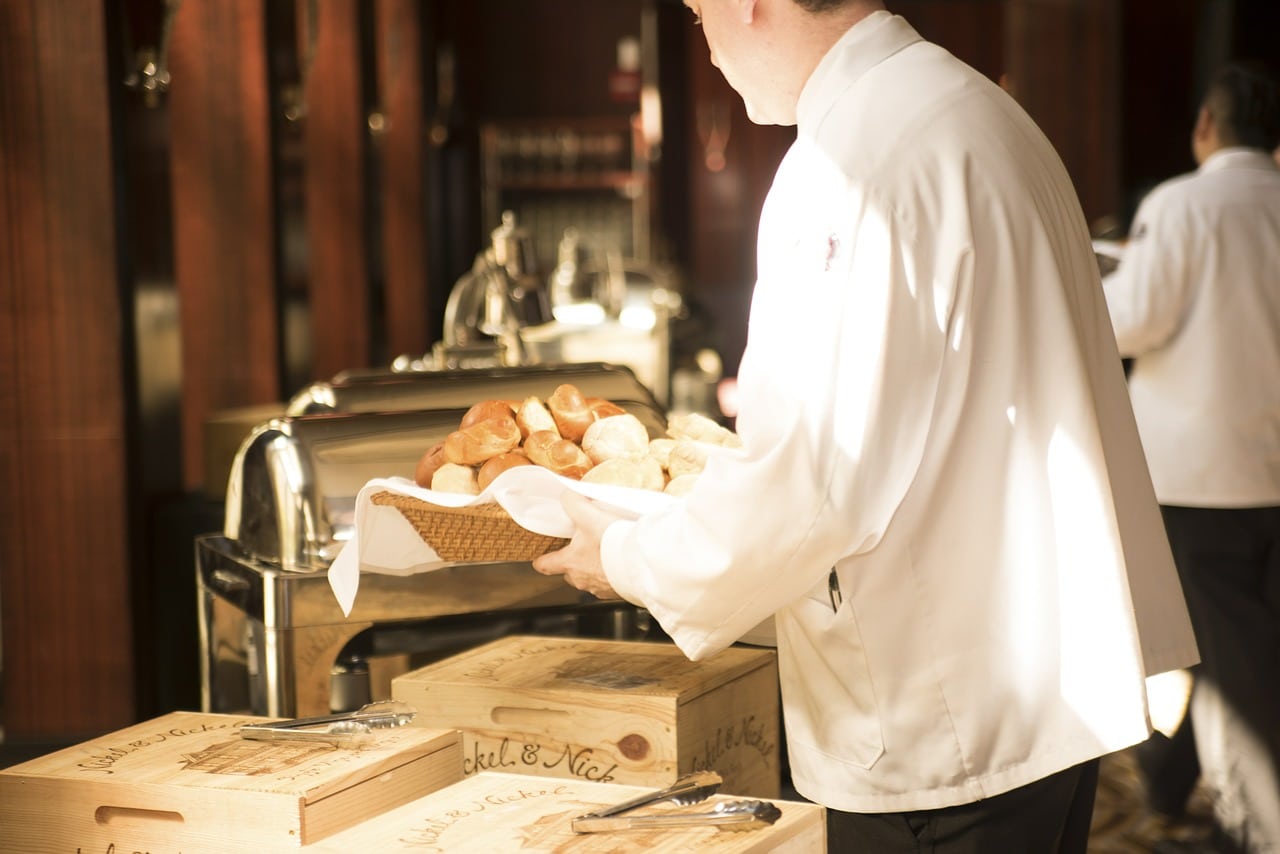
The hospitality industry in the United Kingdom entered its second phase of reopening, following the pandemic closures, on May 17th. From this date pubs, restaurants, cafés and bars have been permitted to allow customers inside their premises; since the first phase of opening on April 12th customers have only been allowed to use the outside areas. After a particularly cold April, the coldest in 100 years, the pent up demand for dining indoors has been enormous and many establishments have found themselves fully booked with customers but struggling to get staff.
As we all know, when the pandemic first struck it was the hospitality industry that suffered amongst the worst of all businesses. Almost half of all unemployment in the UK caused by the pandemic was from hospitality and catering staff. Now as places start to reopen you would think that there would be a surplus of good, well-qualified staff just itching to get back to it, but, unfortunately, this does not appear to be the case.
In the past, and by “past” I mean pre-pandemic, the hospitality sector employed a mix of career caterers, foreign nationals and students. Post pandemic it appears that many of those career caterers have had a change of heart and are now looking for employment in less stressful environments and with better working hours, conditions and pay. The other major influencing factor on recruitment in the past year has been Brexit.

When some of those catering employees were laid off at the start of 2020 many of them returned to their country of origin to be with family during the crisis. However, at the start of 2021 the UK left its membership of the European Union and with it the right to work for European migrant workers. Much of the Brexit debate was based around immigration and migrant workers taking jobs that could be filled by British nationals. It appears now that not many British nationals want low paid hard work within the hospitality industry.
A friend of mine has just opened a new catering establishment after putting her plans on hold for nearly a year. On opening night, with plenty of reservations in the diary, her head chef failed to show up. In the week that followed she arranged interviews with three other potential chefs – all of whom failed to turn up to the interview! At the moment this is not an isolated incident and there are many anecdotes doing the rounds on very much the same theme.
Pay and conditions within catering have improved enormously in recent years and it is no longer the poor relation to more glamorous retail jobs. But the recruitment crisis is not just at entry level. In London there is a severe shortage of qualified chefs and catering managers with job postings 20% higher than pre-pandemic. In fact some of the larger London companies are offering very attractive joining bonuses to help attract qualified staff, and I expect some managers are pretty much naming their price! Some companies will obviously promote from within and look to hire less qualified junior employees.
In the future as things continue to settle down and we get over the initial Brexit problems many of those vacancies will again be filled and our wonderful industry will operate as efficiently as it should. But in the meantime while pubs and restaurants are simply struggling to get open again and need all the revenue they can get, it’s going to be hard work to get the team together. I just hope customers will be understanding of some of the issues that we face.